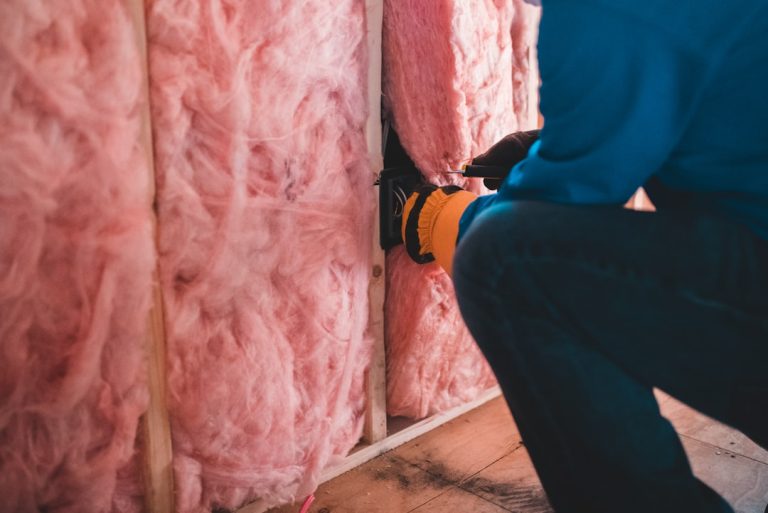Credit Rebuilding: A Comprehensive Guide to Improving Your Credit Score
Having a good credit score is essential for financial stability and success. A high credit score not only helps you qualify for loans and credit cards but also determines the interest rates you’ll pay. If your credit score has taken a hit due to past financial missteps, don’t worry – it’s possible to rebuild your credit. In this guide, we’ll walk you through the steps to improve your credit score and regain financial control.
Understanding Your Credit Score
Your credit score is a three-digit number that represents your creditworthiness. It’s calculated based on your credit history, including factors such as payment history, credit utilization, length of credit history, new credit accounts, and types of credit used. The most commonly used credit scoring model is FICO, with scores ranging from 300 to 850.
Steps to Rebuild Your Credit
1. Check Your Credit Report: Start by obtaining a free copy of your credit report from each of the three major credit bureaus – Equifax, Experian, and TransUnion. Review the reports for errors or inaccuracies that could be dragging down your score.
2. Pay Your Bills on Time: Payment history is a significant factor in your credit score. Make sure to pay all your bills on time to demonstrate responsible financial behavior.
3. Reduce Your Debt: High levels of debt can negatively impact your credit score. Work on paying down existing debts, starting with high-interest accounts.
4. Avoid Opening New Accounts: Opening multiple new credit accounts in a short period can lower your average account age and indicate financial distress to lenders.
5. Use Credit Wisely: Keep your credit utilization ratio below 30% by not maxing out your credit cards. Use credit sparingly and responsibly.
Tools to Help Rebuild Your Credit
1. Credit Monitoring Services: Sign up for a credit monitoring service to keep track of changes to your credit report and receive alerts for any suspicious activity.
2. Secured Credit Cards: Consider applying for a secured credit card, where you make a deposit that serves as your credit limit. Using a secured card responsibly can help rebuild your credit over time.
3. Credit Builder Loans: Some financial institutions offer credit builder loans designed to help individuals establish or rebuild their credit history. These loans typically require small monthly payments and report to the major credit bureaus.
Maintaining Good Credit Habits
Once you’ve started the process of rebuilding your credit, it’s crucial to maintain good credit habits to ensure long-term success. Regularly monitor your credit reports, avoid taking on more debt than you can handle, and continue making timely payments on all your accounts.
Final Thoughts
Rebuilding your credit takes time and effort, but it’s worth it in the long run. By following these steps and staying disciplined with your finances, you can improve your credit score and open up opportunities for better financial products and lower interest rates.
Remember, building good credit is a journey, so be patient with yourself and stay committed to your financial goals. With determination and smart financial decisions, you can achieve a healthier financial future.






